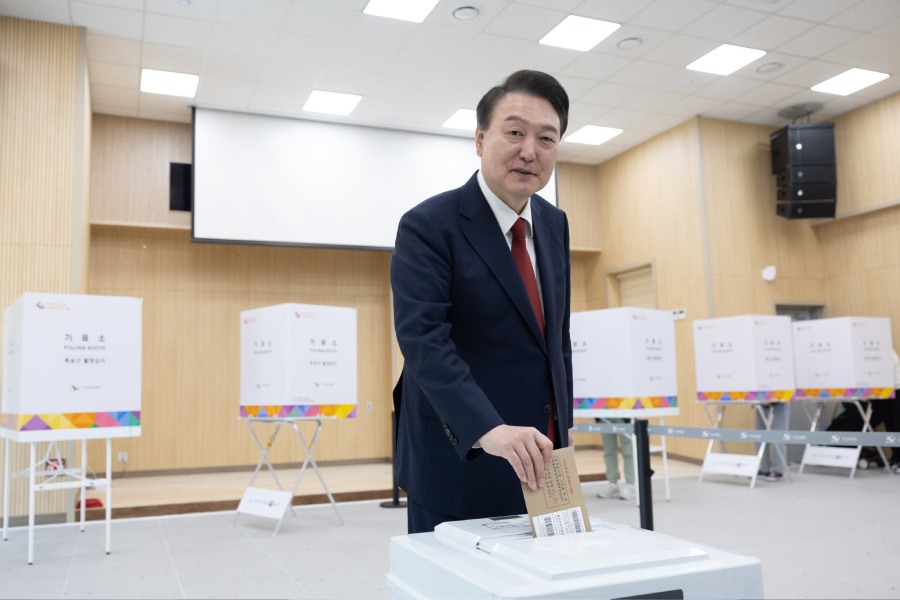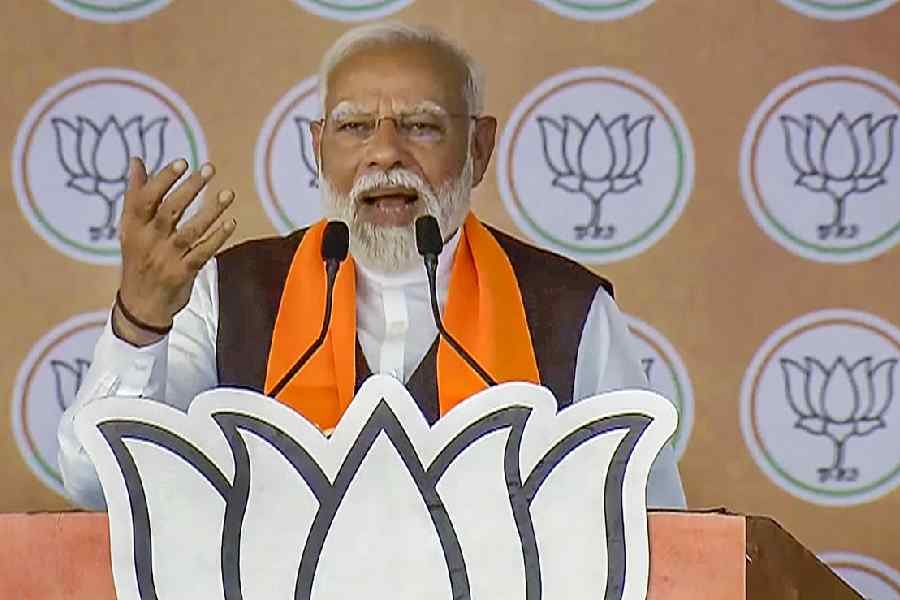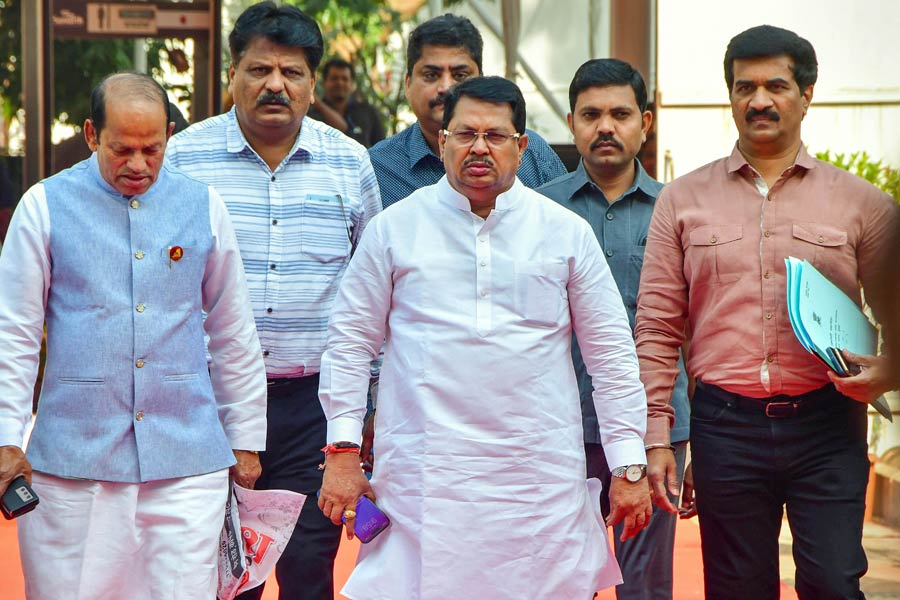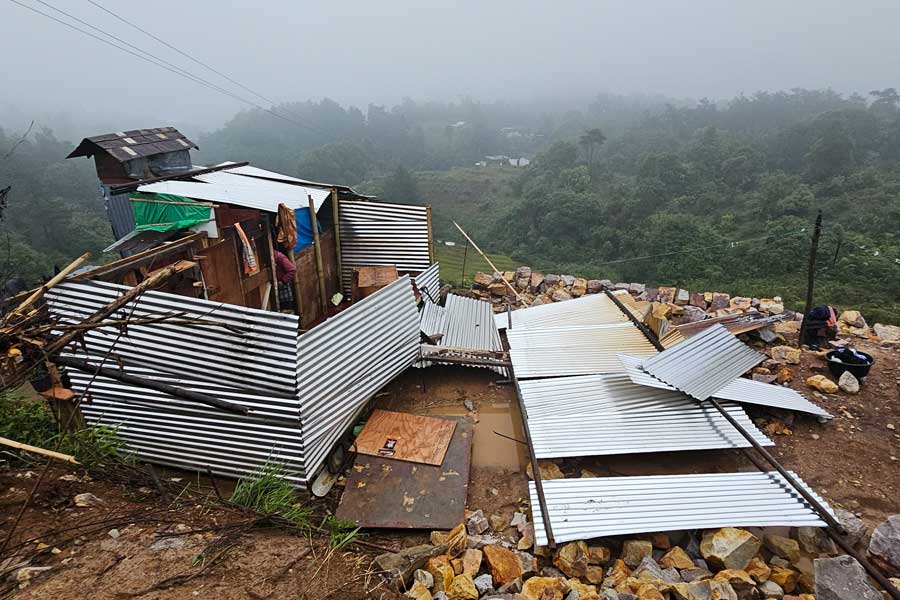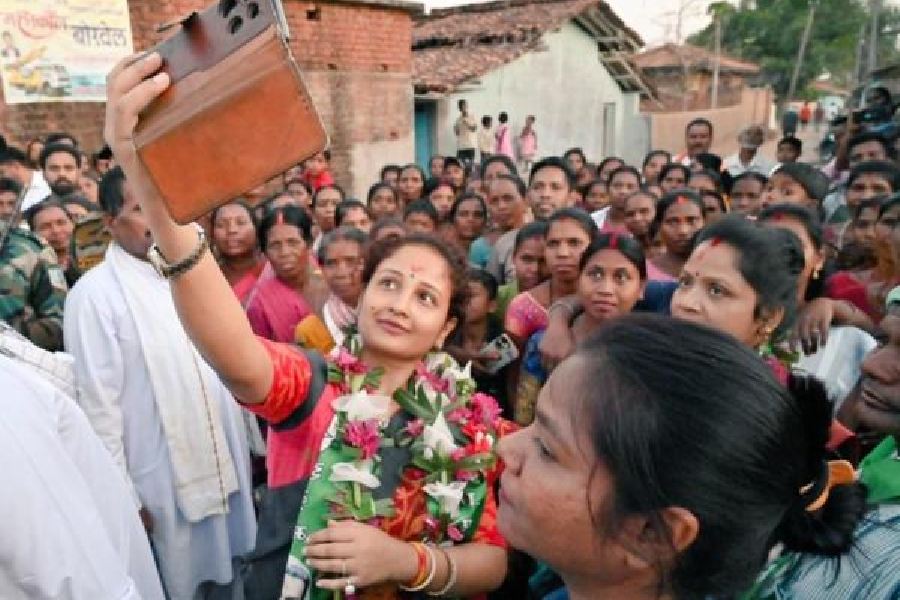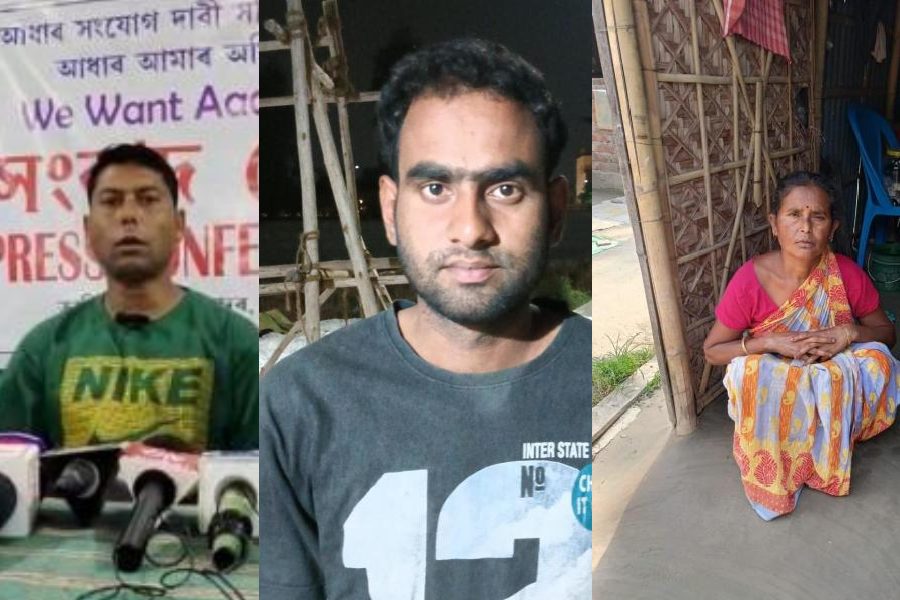The elections are ostensibly about the 300 seats in parliament, but when South Koreans go to the polls Wednesday, they will also be signaling support for one of two leaders who are locked in what is known here as “gladiator politics.”
The do-or-die rivalry between President Yoon Suk Yeol and Opposition leader Lee Jae-myung, whose party holds the majority in the National Assembly, has made the elections as fraught with fear and resentment as any in South Korean history. Neither leader commands broad popularity, instead relying on hard-line supporters who either want to see Yoon, a conservative, impeached for abuse of power, or Lee, a progressive, imprisoned for corruption.
“This election is about who you want to punish, Yoon Suk Yeol or Lee Jae-myung,” said Eom Kyeong-young, an election analyst at the Zeitgeist Institute in Seoul.
On the global stage, South Korea is the dynamic exporter of cars, phones, K-pop and K-dramas. But at home, voter discontent runs deep. The country’s economy is slowing. Its birthrate is the world’s lowest. Its Generation Z youth — frustrated with widening economic inequity and priced out of the housing market — fear that they will be the first generation in the country’s history economically worse off than their parents.
Amid these fundamental crises, the country’s politics are more divided than ever. Online demagoguery proliferates through YouTube and other social media, mainstreaming hate. In January, a disgruntled older man stabbed Lee in the neck with a knife. (The attacker said South Korea was “in a civil war,” adding that he wanted to “cut the head” of the country’s “pro-North Korean” left wing, according to a manifesto he sent from his prison cell to Choo Chin-woo, an investigative journalist.) A few weeks later, an angry youth attacked a governing-party lawmaker, striking her in the head with a stone.
Yoon and Lee’s parties have released reams of similar campaign promises on how to address problems like the country’s dismal birthrate. But their campaign focus, analysts said, has been on demonizing their rivals.
South Korea’s politics have long been dominated by revenge and resentment, so much so they have become a vindictive “gladiators’ arena,” Cho Youngho, a political science professor at Sogang University, wrote in an analysis last month. Presidents, elected for a single, five-year term, have often pursued their predecessors or domestic rivals with criminal investigations, creating a vicious cycle of political retaliation.
Yoon and Lee first clashed in the 2022 presidential election, a race South Korean news media deemed “a contest between the unlikable.” Yoon beat Lee by a narrow margin. Their rivalry has only intensified since then.
Under Yoon, state prosecutors have pursued Lee, his wife and his former aides with a series of investigations. Lee has been indicted on bribery and other criminal charges, accusations he denies. Denounced as a “criminal suspect” by Yoon’s People Power Party, he has failed to win an audience with the president to discuss policies.
Instead of stepping aside after his electoral loss, Lee was back in the center of politics within a few months. He won a parliamentary seat and, in effect, a political shield from prosecutors. And Lee, who wants to run again for president in 2027, also tightened his grip on his Democratic Party.
He has since made it his mission to fight what he says is Yoon’s “dictatorship by prosecutors,” staging a three-week hunger strike.
Lee’s party has refused to endorse Yoon’s Cabinet nominees. Yoon has vetoed parliamentary bills passed by Lee’s party, including one mandating an investigation of corruption claims involving the first lady, Kim Keon Hee.
In parliamentary polls, South Koreans often vote for the parties and their leaders, not for individual candidates. About 20% of eligible voters want to see both Yoon and Lee punished, and this election could be decided by how they eventually vote, said Jeong Han Wool, a polling expert at the Research Institute of Korean People.
A victory for Lee’s Democratic Party would help revive his presidential prospects — as well as his efforts to pass new bills for special prosecutors to investigate accusations of corruption and abuse of power involving Yoon’s government and his wife.
The election is mainly a contest between the two largest parties for parliamentary majority. But a host of small and even obscure startup parties have also joined the fray. Candidates of Lee’s party and two small parties closely allied with it are running their campaign with calls to “punish” Yoon or turn him into an early “lame” or “dead duck.”
“An election defeat will leave Yoon hardly able to do anything until his term expires,” said Shin Yul, a political scientist at Myongji University in Seoul.
Many analysts expect the coming election to amplify polarization in the country.
“Politics will continue to be dominated by a struggle between the one who wants to kill and the one who wants to survive,” said Cho of Sogang University. “Issues the people care about — the livelihoods of the public, the economy, low birthrates and welfare — take a back seat.”
The New York Times News Service

